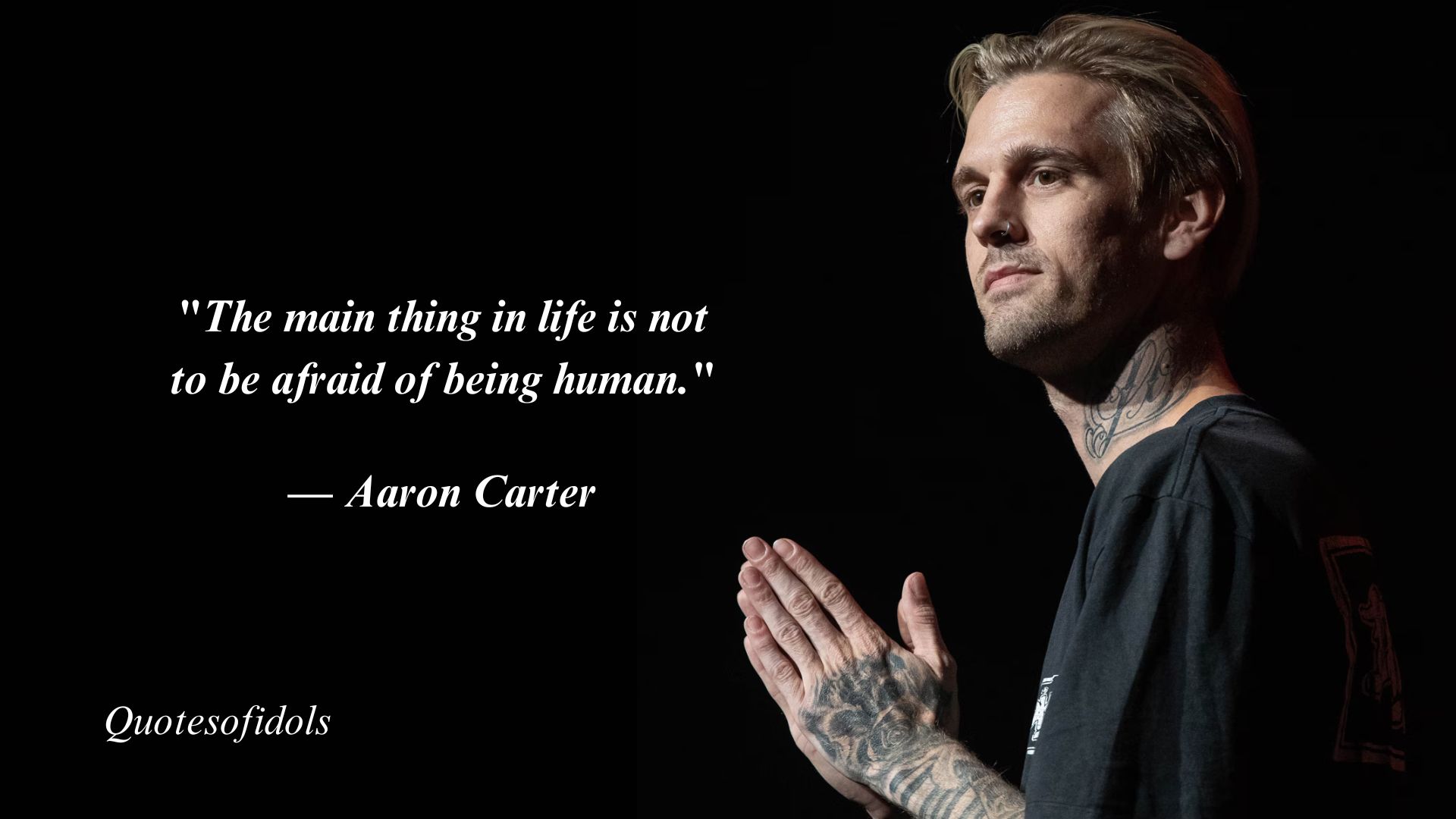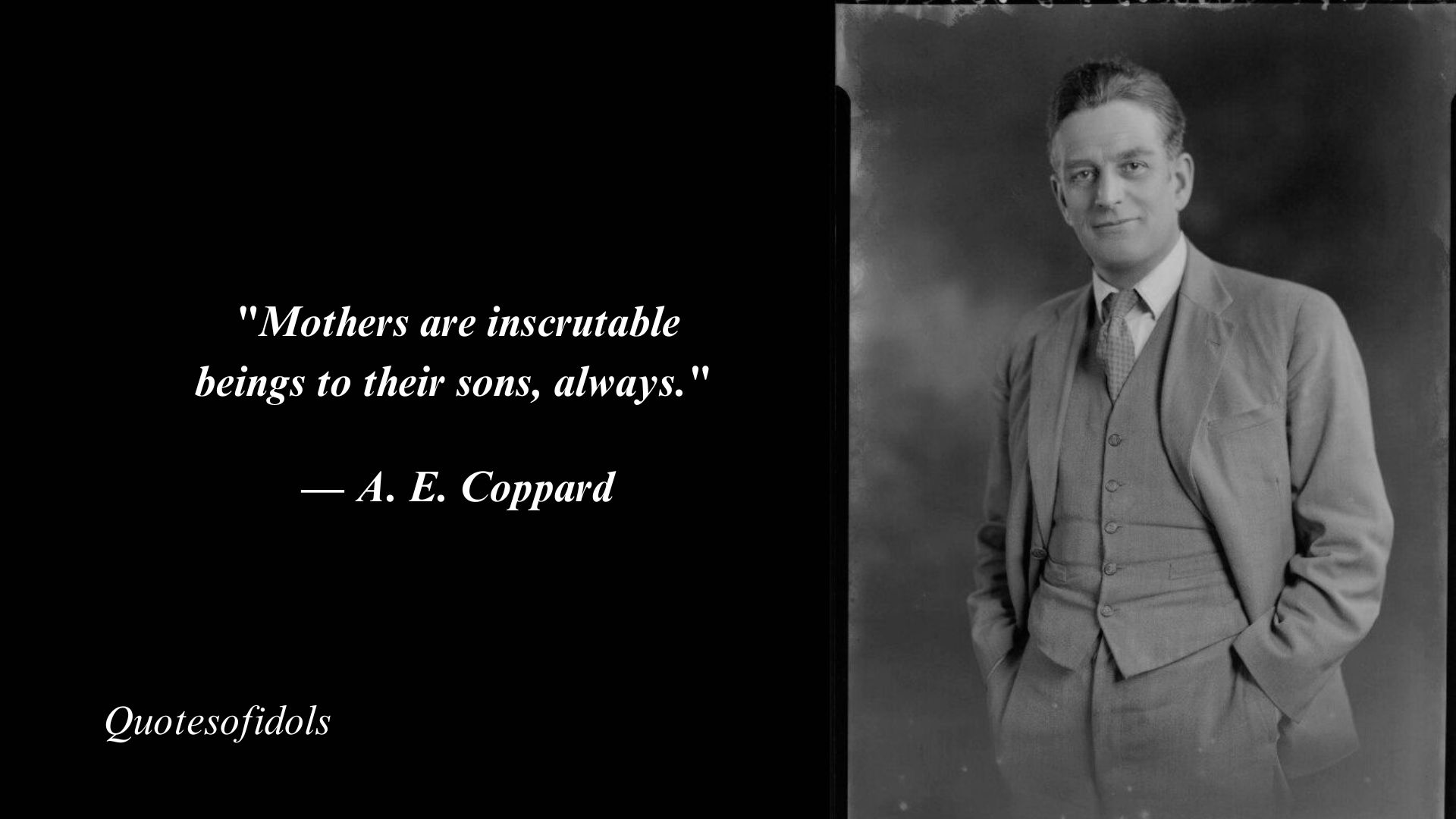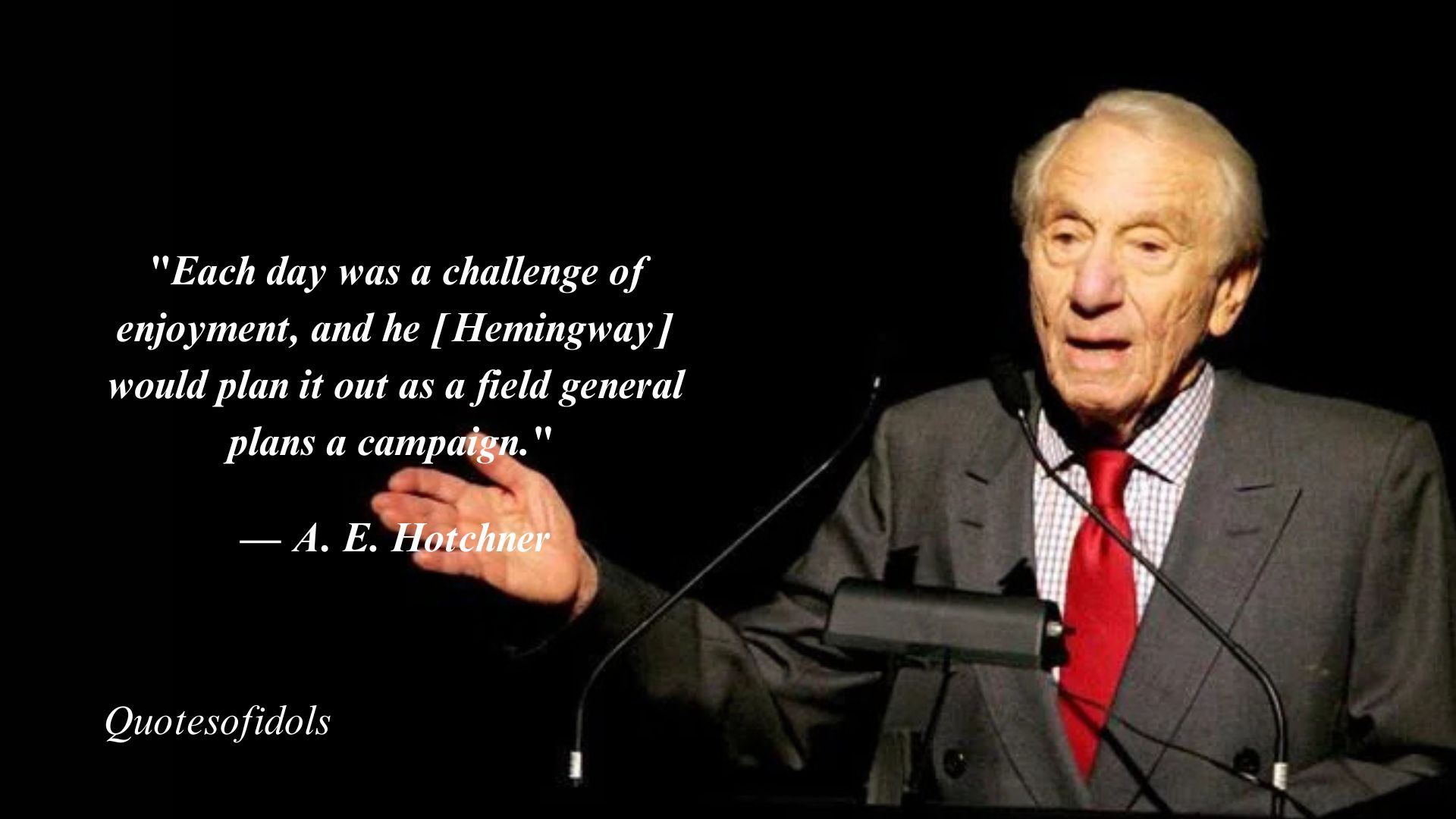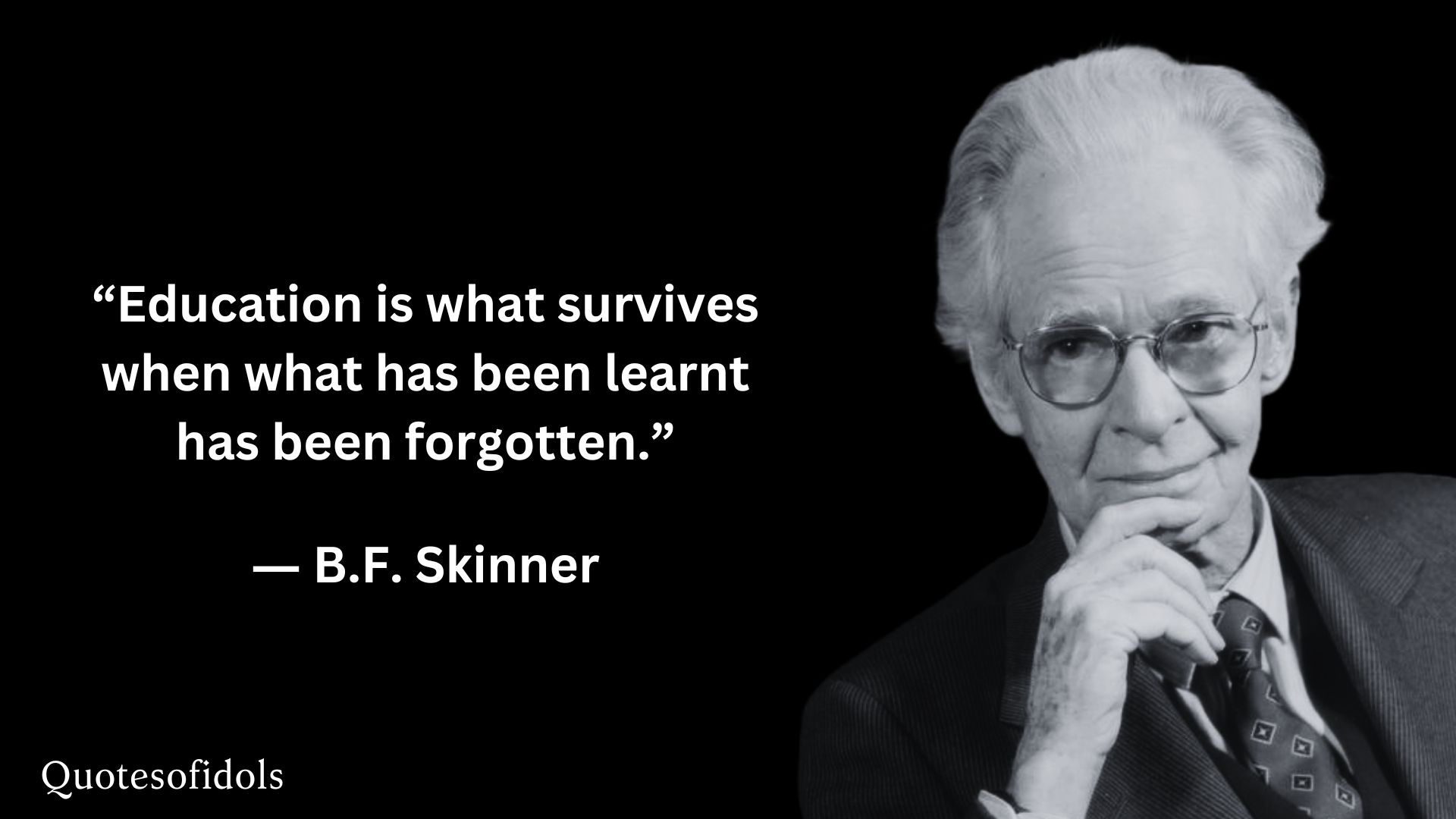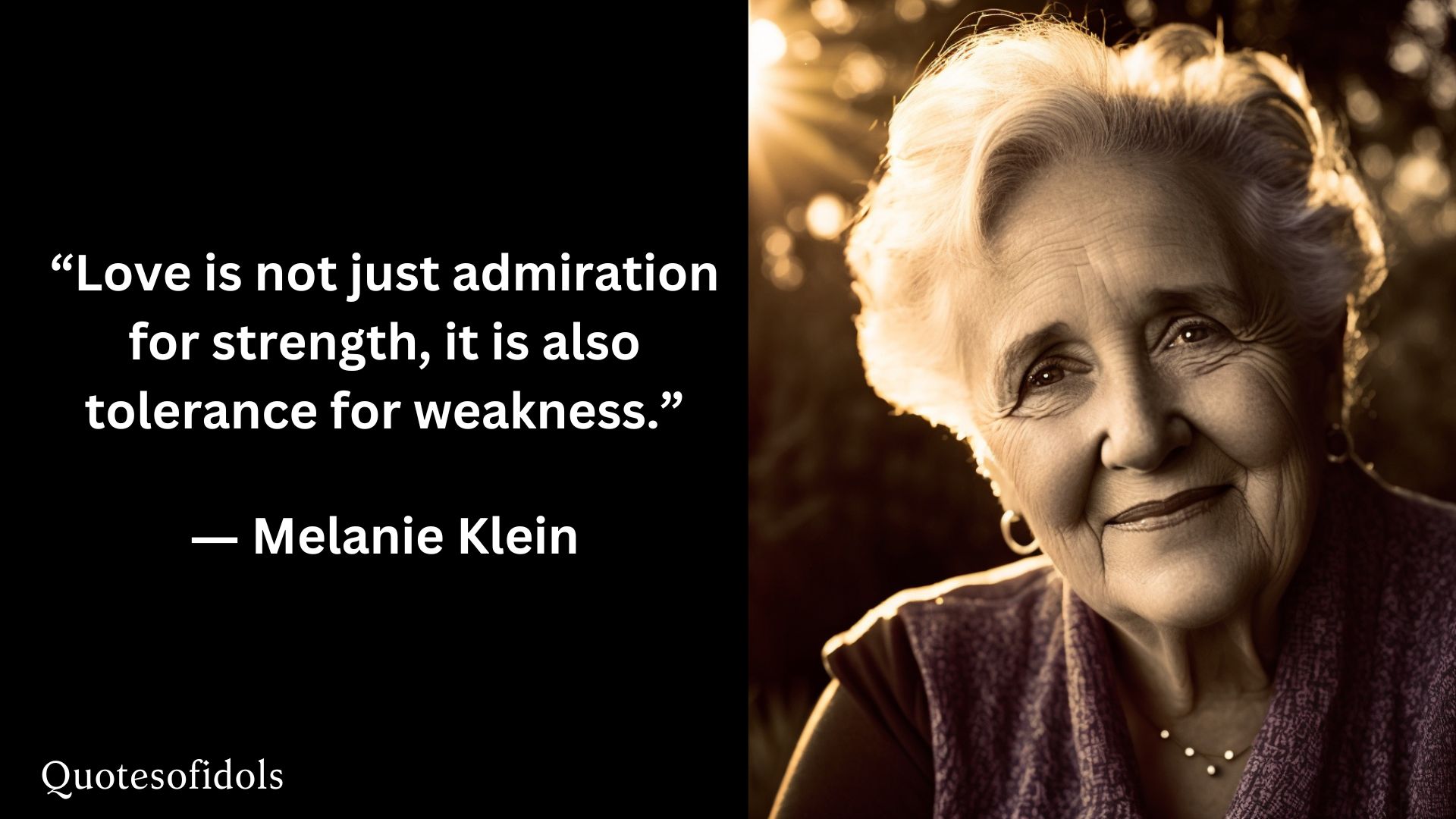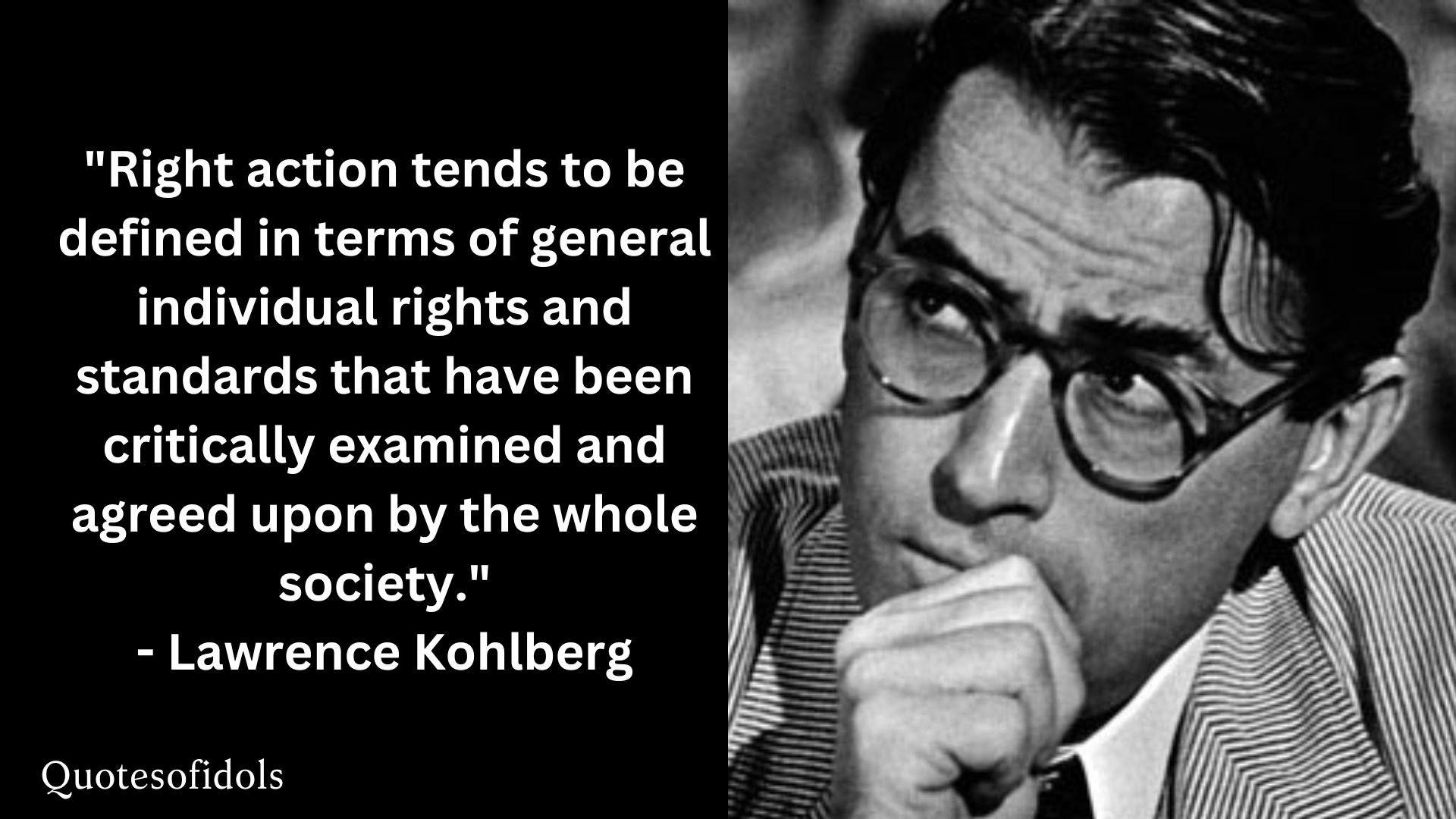All Time Famous Quotes of Lev Vygotsky

Lev Semyonovich Vygotsky was a Soviet psychologist and developmental theorist known for his socio-cultural theory of cognitive development. He emphasized the role of social interactions, cultural context, and language in shaping cognitive processes. Vygotsky argued that cognitive development occurs through social interactions with others who provide guidance and support, a concept he termed the “zone of proximal development” (ZPD). According to Vygotsky, learning and development are intertwined, with learning preceding development and being facilitated by more knowledgeable others. His work highlights the importance of social and cultural factors in shaping cognition and learning, challenging traditional views of child development that focused solely on individual maturation. Vygotsky’s theories have had a significant impact on educational practices, particularly in promoting collaborative learning environments and scaffolding techniques to support students’ learning and development. His contributions continue to influence research and practice in psychology, education, and related fields worldwide.
Lev Vygotsky Quotes
01. “Through others we become ourselves.”
― Lev S. Vygotsky
02. “… People with great passions, people who accomplish great deeds, people who possess strong feelings, even people with great minds and a strong personality, rarely come out of good little boys and girls.”
― L.S. Vygotsky
03. “A word devoid of thought is a dead thing, and a thought unembodied in words remains a shadow.”
― Lev S. Vygotsky
04. “The teacher must adopt the role of facilitator not content provider.”
― Lev S. Vygotsky
05. “Through others, we become ourselves.”
― L.S. Vygotsky
06. “By giving our students practice in talking with others, we give them frames for thinking on their own.”
― Lev S. Vygotsky
07. “ Language is the tool of the tools”
― Lev S. Vygotsky
08. “Learning is more than the acquisition of the ability to think; it is the acquisition of many specialized abilities for thinking about a variety of things.”
― Lev S. Vygotsky
09. “Any human act that gives rise to something new is referred to as a creative act, regardless of whether what is created is a physical object or some mental or emotional construct that lives within the person who created it and is known only to him.”
― Lev S. Vygotsky
10. “We are conscious of ourselves because we are conscious of others; and in an analogous manner, we are conscious of others because in our relationship to ourselves we are the same as others in their relationship to us. I am aware of myself only to the extent that I am as another for myself.”
― Lev S. Vygotsky
11. “Play continually creates demands on the child to act against immediate impulse, i.e., to act according to the line of greatest resistance.”
― Lev Vygotsky
12. “Internal and external action are inseparable: imagination, interpretation, and will are internal processes in external action.”
― Lev Vygotsky
13. “Art is the collectivisation of feeling.”
― Lev Vygotsky
14. “The internalization of socially rooted historically developed activities is the distinguishing feature of human psychology.”
― Lev Vygotsky
15. “The individual becomes for himself what he is in himself through what he manifests for others.”
― Lev S. Vygotsky
16. “The meaningful word is a microcosmos of human consciousness.”
― Lev Semionóvich Vigotsky
17. “En ausencia de un sistema de signos lingüísticos u otros, sólo
es posible el más primitivo y limitado’ tipo de comunicación; ésta, que se manifiesta por
medio de movimientos expresivos, observados fundamentalmente entre los animales, no
es tanto comunicación como expresión de afecto.”
― Lev. Vygotsky
18. “En ausencia de un sistema de signos lingüísticos u otros, solo es posible el más primitivo y limitado tipo de comunicación”; ésta, que se manifiesta por medio de movimientos expresivos, observados fundamentalmente entre los animales, no es tanto comunicación como expresión de afectos. (pag. 12-cap. 1)”
― Lev S. Vygotsky
19. “En ausencia de un sistema de signos lingüísticos u otros, solo es posible el más primitivo y limitado tipo de comunicación; ésta, que se manifiesta por medio de movimientos expresivos, observados fundamentalmente entre los animales, no es tanto comunicación como expresión de afectos. (pag. 12-cap. 1)”
― Lev S. Vygotsky



